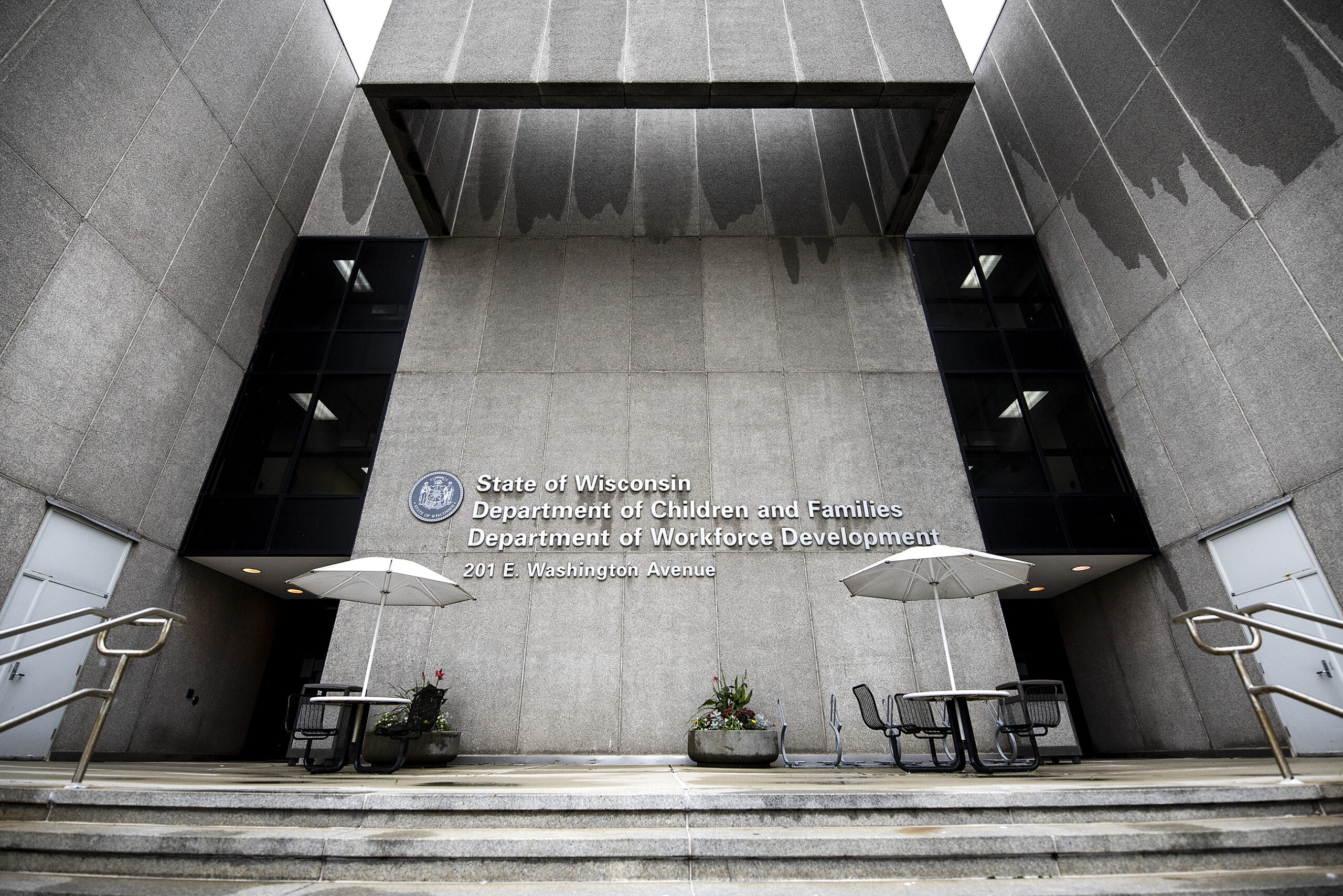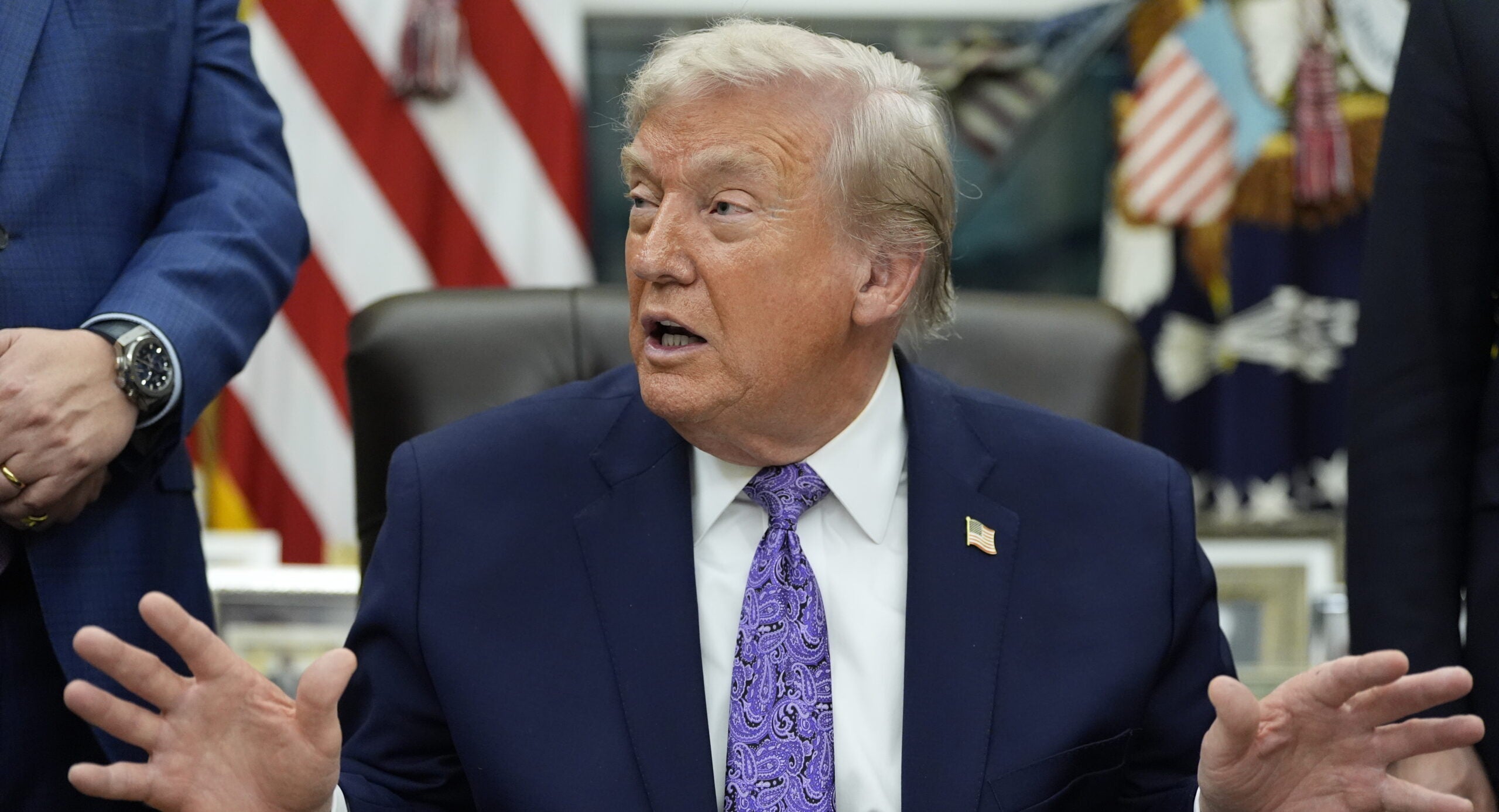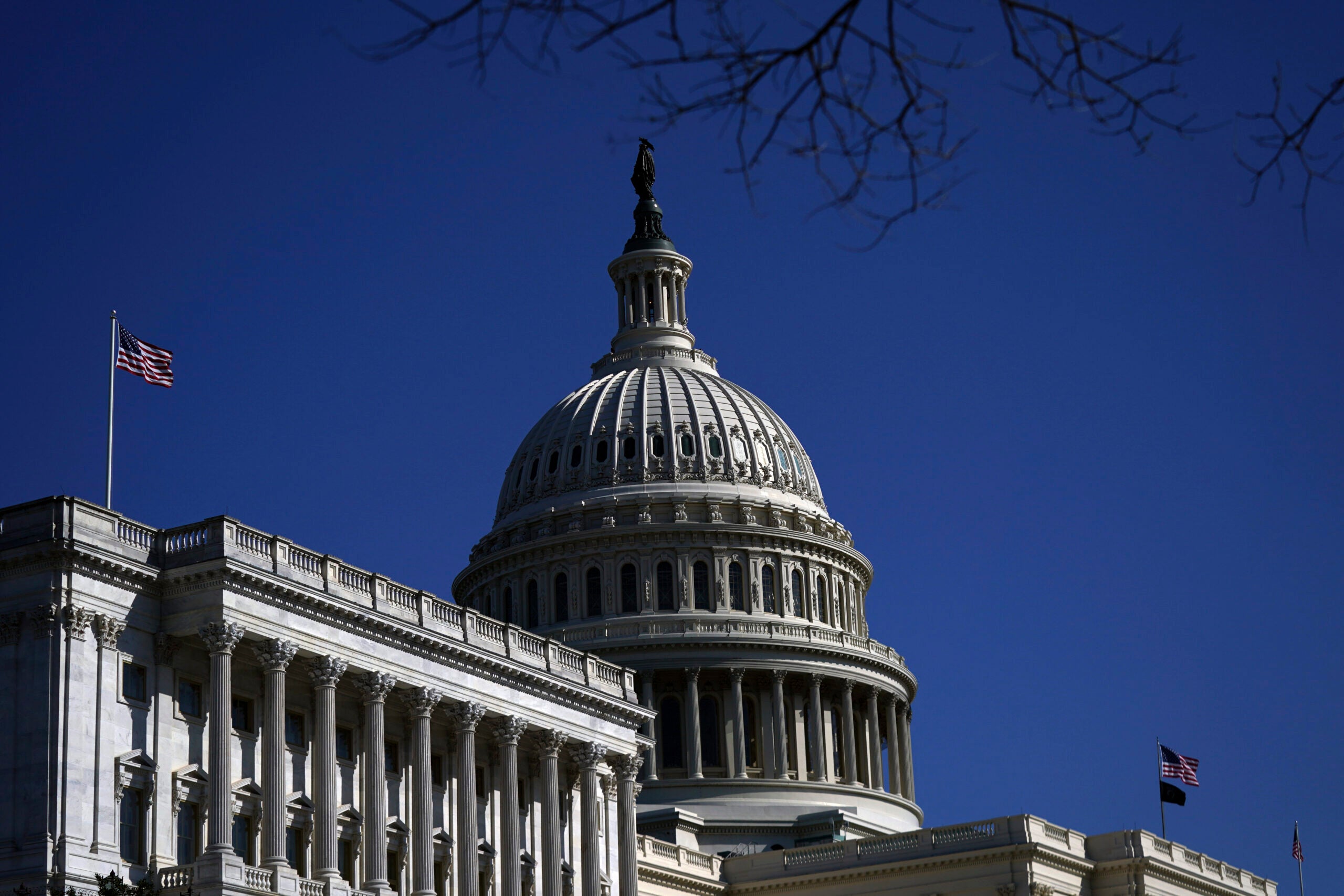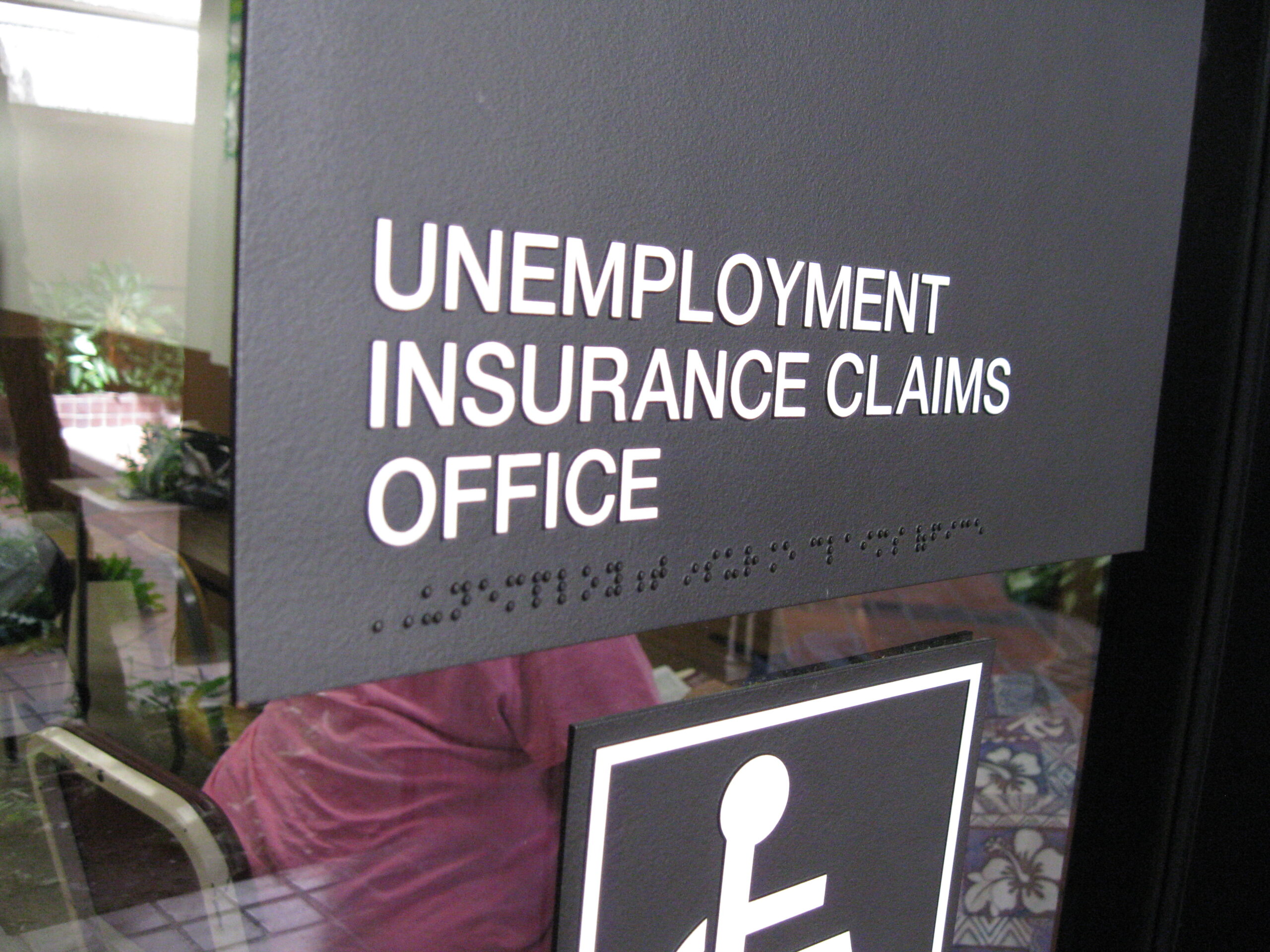Wisconsin Gov. Tony Evers is declining to say whether Wisconsin will participate in a White House plan to offer $400 in supplemental weekly unemployment benefits.
In a statement, Evers criticized President Donald Trump, who announced executive action Saturday, circumventing Congress as negotiations over additional unemployment benefits remain stalled.
“President Trump’s actions have once again only created more uncertainty and confusion for folks across our state and our country that need help,” Evers said in the statement. “I again ask the Trump administration and Congress to work together and act quickly to pass legislation that will provide real assistance for families and additional support and resources for states that are on the frontlines of responding to this pandemic.”
News with a little more humanity
WPR’s “Wisconsin Today” newsletter keeps you connected to the state you love without feeling overwhelmed. No paywall. No agenda. No corporate filter.
Under the Trump administration’s plan, which may face legal challenges, states would have to share in the cost of the added benefits, with the federal government paying $300 weekly per worker in added benefits, and state governments shouldering the other $100. Unemployed workers had been receiving $600 in weekly federal benefits, but those payments expired at the end of last month.
To gain access to the federal funds, Evers would first need to request the money from the Federal Emergency Management Agency, according to the plan. Evers has the discretion to use money allocated to Wisconsin under the federal CARES Act stimulus package to cover the $100 cost-sharing burden, according to the nonpartisan state Legislative Reference Bureau. Wisconsin also has the option to use other state funds to cover its portion, and depending on where those funds come from, legislative approval could be required.
But states’ true financial burden remains unclear. On Monday CNN reported that under Department of Labor guidance, states can count their existing unemployment payments toward the $100 cost-sharing burden, meaning the added benefit supplement would actually be just $300.
Michele Evermore, a senior policy analyst with the left-leaning National Employment Law Project who focuses on unemployment, said for states that do decide to participate, she thinks it could take past August to get the programs up and actually sending payments to unemployed workers.
She also said that if states don’t opt in now but later decide to, the funds may already be gone to states who opted in earlier.
“If states vary in how long it takes them to set up a program, then it’s not clear whether the … federal funds allocated will actually even flow to some of the states that are slower to set things up,” Evermore said.
Comments from Evers urging congressional action echo sentiment expressed by the nonpartisan National Governors Association. In a statement Monday, New York Gov. Andrew Cuomo, a Democrat and chair of NGA, and Arkansas Gov. Asa Hutchinson, a Republican and vice chair of the organization, raised concerns about the plan.
“We appreciate the White House’s proposals to provide additional solutions to address economic challenges; however, we are concerned about the significant administrative burdens and costs this latest action would place on the states,” Cuomo and Hutchinson said. “The best way forward is for the Congress and the Administration to get back to the negotiating table and come up with a workable solution, which should provide meaningful additional relief for American families … This resolution should avoid new administrative and fiscal burdens on states.”
In July, Evers ordered $250 million in cuts to the state budget as tax revenues declined due to the COVID-19 outbreak. That came on top of $70 million in cuts to state spending Evers ordered in April.
Wisconsin Public Radio, © Copyright 2025, Board of Regents of the University of Wisconsin System and Wisconsin Educational Communications Board.







